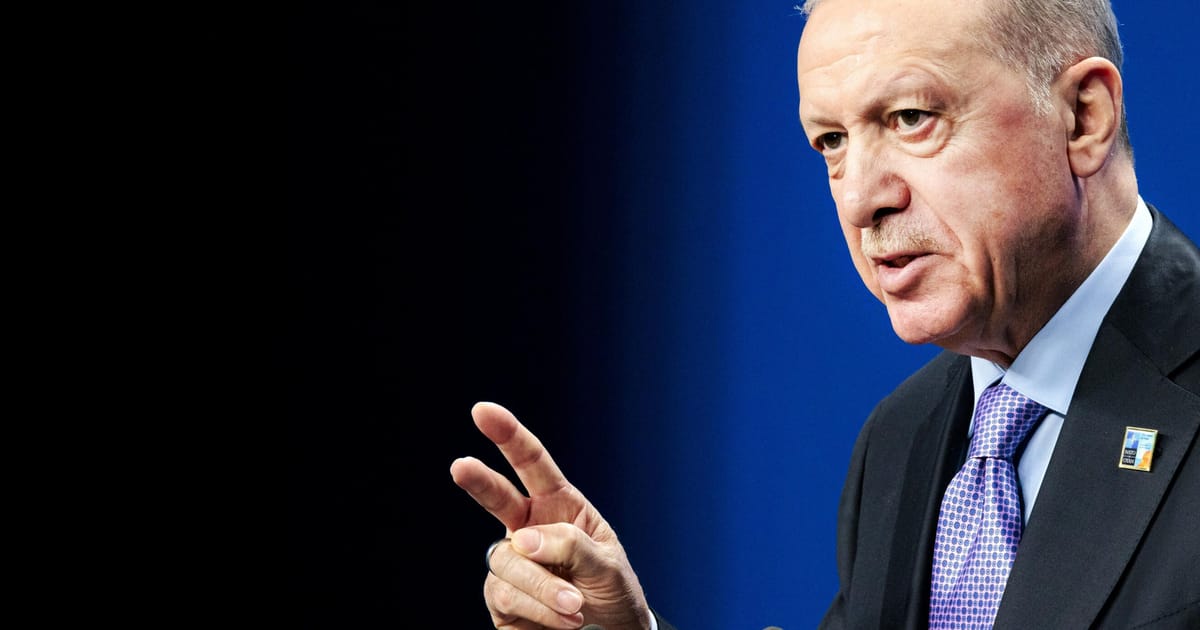

Amidst a dynamic global landscape, stories emerge from diverse regions, illustrating a myriad of societal threads. These narratives, chronicling political, social, and environmental developments, reflect the ever-evolving nature of our world.
In Turkey, a series of arrests involving three opposition mayors showcases ongoing political tensions and underscores the complexities of governance. This situation follows closely after the jailing of the Istanbul mayor, who is recognized as one of President Recep Tayyip Erdoğan’s principal adversaries. The arrests seem to accentuate the political fissures within Turkey, as allegations of corruption continue to play a central role in the country’s political discourse. Amidst this backdrop, the national landscape grapples with balancing political power and addressing corruption claims.
Meanwhile, justice takes a significant step forward in Colombia with the apprehension of Elder José Arteaga Hernández, suspected of orchestrating the attempted assassination of senator and presidential hopeful Miguel Uribe Turbay. This arrest marks a moment of relief and progress in the legal proceedings after the non-fatal June attack. Located in Bogota, Arteaga Hernández, also known by the aliases “Chipi” and “Costeño,” is believed to have been closely involved with the incident, according to law enforcement. This development signifies a crucial intervention in maintaining political stability and safety for public figures in Colombia.
In Australia, the anticipation surrounding the coroner’s report on the death of Kumanjayi Walker reveals a community seeking closure and meaningful change. Five years have passed since the Warlpiri man’s tragic death during a flawed police arrest in Yuendumu, prompting calls for comprehensive action beyond mere words. As the findings are set to be shared, there is a collective hope for resolutions that resonate with the affected communities and respect their rights and dignity.
Reflecting on structural reforms, police authorities in England and Wales are proposing a reorganization of their forces to improve efficacy and equity in tackling crime. The suggestion to reduce the number of police forces from 43 to as few as 12 aims to eliminate what has been termed the “postcode lottery” experienced by crime victims. By streamlining operations, leaders anticipate enhanced resource allocation and a unified approach toward crime-fighting endeavors, striving toward a more consistent public service experience.
On an environmental note, the state of Texas is currently grappling with the aftermath of sudden and severe floods that have impacted communities significantly. These floods have resulted in at least 52 casualties and an undetermined number of missing individuals, prompting scrutiny on the state’s emergency response mechanisms. This natural disaster not only underscores the unpredictable nature of climate events but also calls for an urgent evaluation of preparedness and response strategies to safeguard affected populations better in future incidents.
In summary, these global stories illustrate the intricate interplay between political, social, and environmental elements. Each narrative unfurls layers of human experience, mirroring the challenges and strides made by communities across the globe. As each region navigates its distinct path, these events collectively contribute to the broader tapestry of progress and resilience inherent in our global society.
Source: {link}
